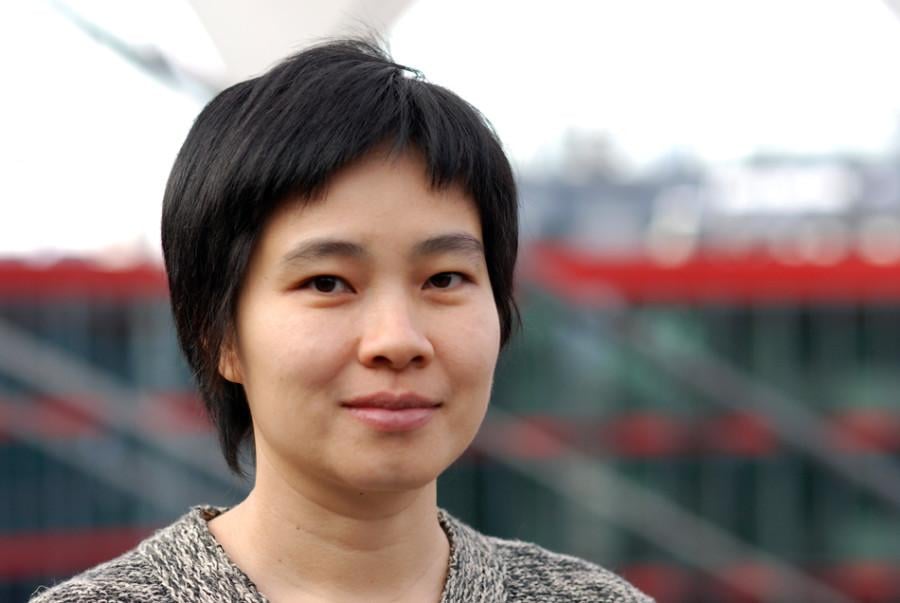Q&A: Tan Pin Pin, director of “To Singapore, with Love”
Northwestern alum Tan Pin Pin created the documentary “To Singapore, with Love.” She was inspired to create the film after reading first-person accounts written by Singaporean political exiles.
April 22, 2015
A&E
Singaporean director Tan Pin Pin (Communication ’01) created the award-winning documentary “To Singapore, with Love” as a love letter to Singapore, only to have it banned by the country a year later. Released in 2013, the documentary follows Singaporean political exiles around the world — some of whom have not returned to Singapore in more than 50 years — and explores their lives away from home. The student group Northwestern University Singaporeans and Friends will be screening the film Friday on campus, followed by a Q&A with Tan. The Daily caught up with her to learn more about why she created the film and the challenges she faced in making it.
What inspired you to create the documentary?
I’ve always been interested in the idea of exile in a literary sense. So when I actually stumbled upon a book of first-person accounts written by Singapore political exiles (“Escape from the Lion’s Paw”), I just thought, ‘I should just meet them up to find out how they have coped.’
How did you go about filming the documentary and contacting the Singaporean exiles?
I approached the editor of the book from which these first person accounts were found and she connected me with some of them. I wrote an email to them introducing myself, showing them some of the films I had done, and that’s how I met them. Those were for (the exiles) in London. For those who were former communists fighting in the jungles of Thailand, when I heard that one of them had died, I went to the funeral in Hat Yai, which is in Southern Thailand … and at that funeral I met a few of the other communists who are still in exile.
How did you feel when you found out your film would be banned in Singapore?
I was very disappointed for myself as well as for Singapore. I feel that my film should be seen and, more importantly, I think Singaporeans should be allowed to find out about our own histories for ourselves. The reason that was given for the ban was that it undermined national security, which I don’t agree with. I think they are severely overreacting.
What other challenges did you face filming the documentary and how did you overcome them?
I think the main challenge was trying to anticipate which portions might be troublesome in the eyes of the censors. I think I overcame it by just deciding that I wasn’t going to anticipate it and I would just make the film that I felt was important.
How did your experience at Northwestern influence your filmmaking career?
When I was at Northwestern, they really forced me out of my comfort zone. I went to read books I had never read before, saw films I would never otherwise have seen and saw art that I would never otherwise have been acquainted with as well, so I think it really gave me a very strong theoretical foundation to make the work that I do now. It was instrumental.
What do you hope viewers get out of watching the film?
I think it’s important for them to realize that the formation of a nation is actually really complicated and that there are many, many paths and there’s just a lot of collateral damage to get to where we are today. And this is one of the examples of that, people being exiled, even now. And the other thing is that I think audiences who may not be familiar with Singapore history will get a sense of what home means … it’s actually a universal theme, a sense of wanting to make a connection with where our home is.
What advice do you have for students interested in making documentaries?
I think coming off from this experience, my advice would be to really follow your gut and to find a quiet place to actually hear what your gut is telling you. In my situation, I felt that this film was important enough to be made and that’s what I did.
Email: [email protected]


